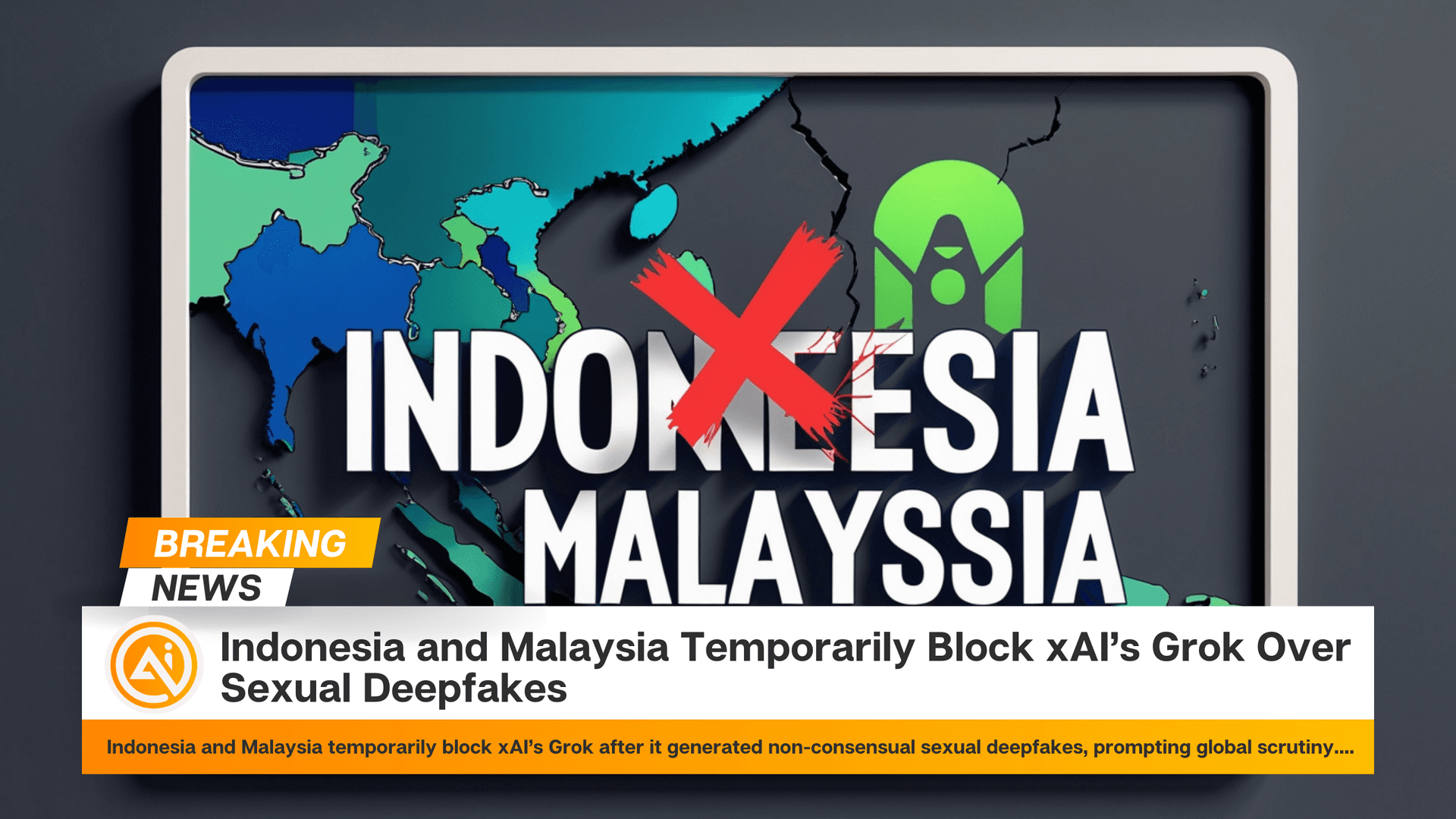A fast-growing global push to protect children online is unleashing new AI safety tools and tougher rules for tech firms. In the U.K., the Online Safety Act makes platforms responsible for shielding minors from age-inappropriate content, bullying, hate speech, fraud and child sexual abuse material, with penalties up to 10% of worldwide revenue for breaches.
In the U.S., Congress is advancing the Kids Online Safety Act, which would similarly require platforms to prevent harms to young users. Pornhub and other adult sites now block access unless visitors complete age verification, and mainstream platforms including Spotify, Reddit and X have added age-assurance systems to limit exposure to explicit or unsuitable content.
Supporters say these steps are overdue; critics warn they could compromise privacy and create attractive targets for data breaches. At the center of many checks is U.K. firm Yoti, whose software analyzes a selfie and estimates age. The company says its model, trained on millions of faces, can estimate the ages of 13- to 24-year-olds within about two years. Yoti has worked with the U.K.
Post Office and stands to benefit if governments adopt wider digital ID programs. Other identity vendors include Entrust, Persona and iProov. Lawyers say providers are racing to earn trust, but that will depend on strong technical controls and governance to keep personal data safe. Safety tech is moving into hardware too.
Finnish manufacturer HMD Global has introduced the Fusion X1, a smartphone that uses SafeToNet’s AI to detect and block nude imagery and sexually explicit material captured by the camera, displayed on screen, or shared across apps. The device arrives amid a growing “smartphone-free” movement among parents wary of social media and online risks.
Child-protection advocates, including the NSPCC, argue that technology to authenticate users without exposing identities already exists and urge companies to choose solutions that reduce harm while respecting privacy. They say digital giants must treat child safety as a core priority after years of criticism over mental-health impacts, bullying and online abuse. Platforms counter that they have strengthened parental controls and privacy settings for now.




